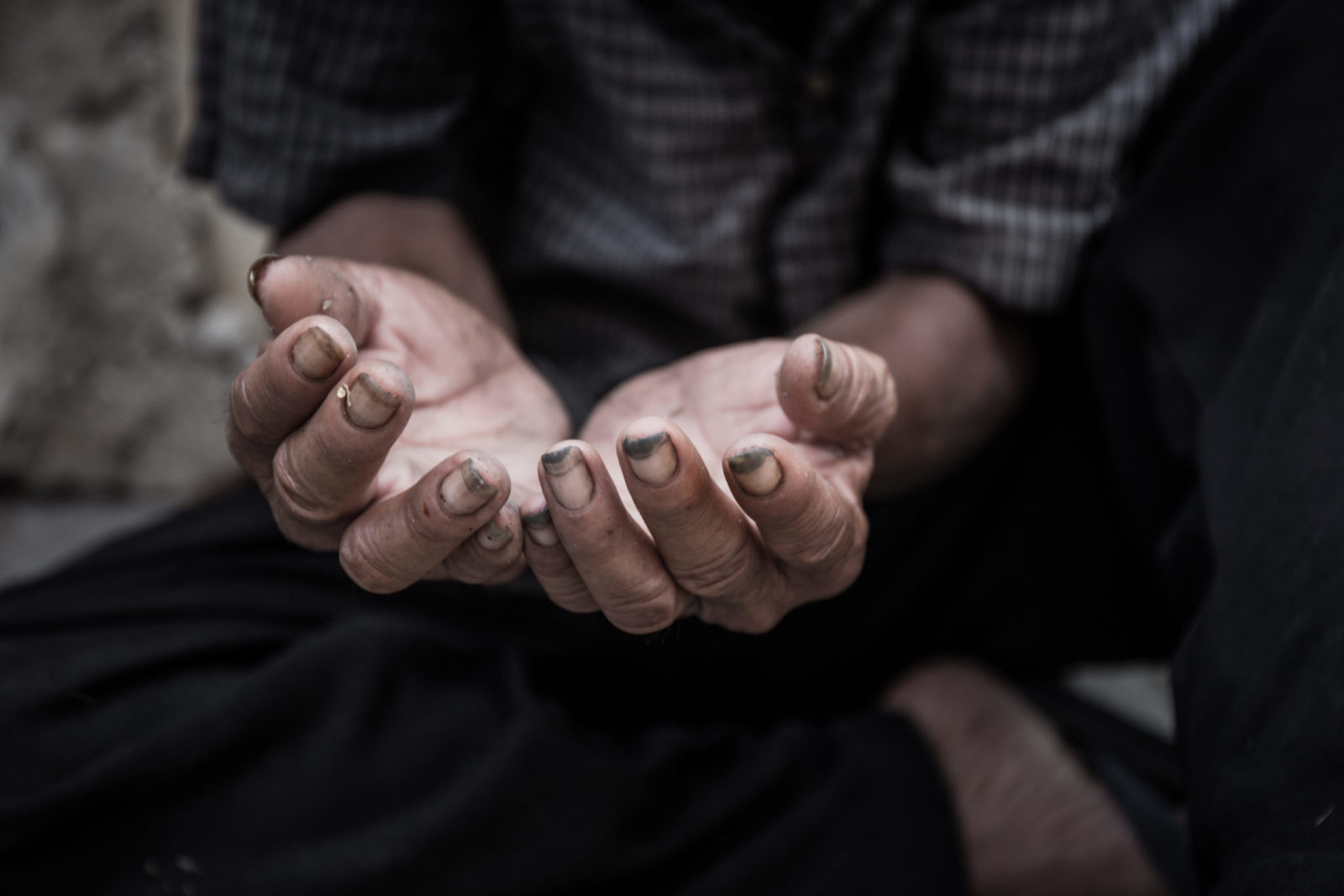The following piece is the fourth in a series of columns by Marvin Olasky.
Groups that say their purpose is to End Homelessness are like a modern-day Aladdin who tells a genie his wish: “I’m afraid of airplanes and boats, so please build bridges across the Atlantic and the Pacific.” The genie responds, “Are you kidding? Do you realize what a logistical nightmare that is? Don’t you have another wish?” Aladdin says, “Yes — I’d like to wipe out homelessness.” The genie responds, “How do you want those bridges — two lanes or four?”
When I Googled “end homelessness now,” the first website listed had the headline, “Creating Social Justice. End Homelessness Now.” Further down came a “Donate Now” button. Toward the bottom, in small print, was this: “What’s New — Feb 2005.” That organization seems to have died, but the next listing, for the National Alliance to End Homelessness,” is still alive. One month from today registrants for the alliance’s $725-per-person national homelessness conference— “does NOT include hotel”—will arrive at the Washington Hilton.
I’m glad the name of this website is “Fix Homelessness.” That headline is in keeping with the first part of the classic job description for physicians: “Do no harm.” Current public policy, instead of ending or even decreasing homelessness, may be adding to it, at least in Los Angeles, San Francisco, and Seattle. I wonder about federal policy’s “Housing First” mantra: Yes, it places some homeless individuals out-of-sight, but what does it do for those who are out-of-mind, or filling up on drugs and alcohol?
Can we “end homelessness” in a free society? That’s beyond our ability unless we arrest and warehouse every person on the streets. Can we fix destructive policies? Yes, if we learn lessons of history, believe that every person has value, and do street-level research into what works, instead of relying on suite-level theories.
So here’s my plan: This summer I’ll offer you more of the history of fighting homelessness in ancient and medieval times and in America. I’ll also recommend some books on homelessness and occasionally throw in a news story like the killing of two homeless men in San Francisco that I described last week. I’m setting up visits to homeless projects in Texas, Missouri, Arkansas, and Tennessee, and this fall will report what’s going on.
Let’s conclude this week with a cautionary tale from late medieval France, as two radical positions concerning poverty fought it out. Those on one side saw poverty as a deserved curse from God. Some labeled poor people “descendants of Ham,” Noah’s disrespectful son. (A group of 19th century American apologists for slavery engaged in the same twisted exegesis.) Others followed the teaching of Francis of Assisi, who said that in poverty “every obstacle is removed from the soul so that it may freely enter into union with the eternal Lord God.”
Franciscans performed valuable works of mercy, but sometimes that impulse mutated into its own harmful extreme: Import more poor people so the rich can grab more eternal merit, purportedly, by doing good works. One result: Prelates in Lyon, France, invited homeless people to come to their city. Many flocked in. After a while, anti-homeless sentiment grew, with some growling that the poor “fill the city with their complaints and their corpses.” (Natalie Z. Davis, “Poor Relief, Humanism, and Heresy: The Case of Lyon,” Studies in Medieval and Renaissance History, 1968.)
Some of today’s San Franciscans, and their counterparts in the City of the Angels 350 miles to the south, seem to be reacting similarly. I prefer the moderate position of Tevye the milkman in Fiddler on the Roof: “There’s no shame in being poor … but it’s no great honor either.” Such common sense seems uncommon today.
In the nineteenth century, American children gained some common sense from McGuffey’s Reader. The 1844 edition included this dialogue between a “Mr. Fantom” and a “Mr. Goodman.” Fantom: “I want to make all mankind good and happy.” Goodman: “Had you not better try your hand at a town or neighborhood first?” Fantom: “It is provinces, empires, continents, that the benevolence of the philosopher embraces; everyone can do a little paltry good to his next neighbor.” Goodman: “Everyone can, but I do not see that everyone does.”
My goal in this column is to propose common sense and uncommon compassion.

